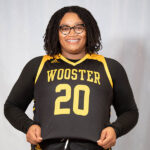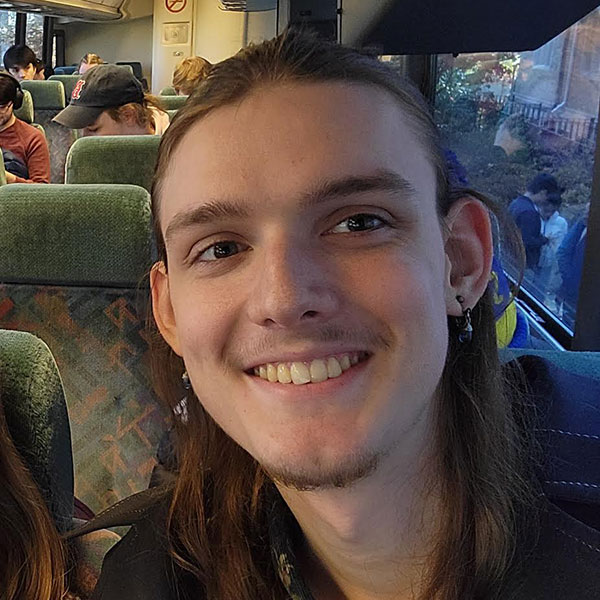
Riley Anderson | 2024 I.S. Symposium

Name: Riley Anderson
Title: A Dive into Pseudomonas “PC” Series Phages; The Good, The Bad, The Virulent
Major: Biochemistry & Molecular Biology
Advisors: Stephanie Strand; Annastassia Gallo
Antibiotic resistance in pathogenic bacteria has been an increasingly problematic threat to humanity with an expected death toll of 10 million by 2050. Bacteriophage (phage) therapy is a promising solution that utilizes viruses to eliminate bacteria in place of antibiotics. Bacteriophages are highly specific to their respective bacterial targets and are often specific to a particular bacterial genus or even species. Because of the specificity phages have between hosts, finding and characterizing phages with specific traits suited to particular pathogens is a current bottleneck to the phage research process. In this study, using traditional spot testing procedures, I characterized the host range of phage PC7, determining its ability to infect a broad number of strains within various species within the genus Pseudomonas. To determine genes required for the entry and replication of phage PC7 inside a host, I developed a novel screening procedure. The procedure was capable of screening up to 96 P. clororaphis transposon mutants per 12 hours utilizing 96 well plates to identify phage resistant mutants for further characterization. Using this screening procedure, phage PC7 was discovered to be unable to efficiently propagate inside transposon mutant DD3, suggesting an alteration or loss of a gene encoding a protein required for efficient phage propagation. This research is designed to be repeatable for phages more relevant to clinical research enabling quick identification and characterization of phages effective against pathogenic bacteria. Phage research is something that is incredibly exciting to me, and I hope to continue doing it into the future.
Posted in Symposium 2024 on April 23, 2024.


